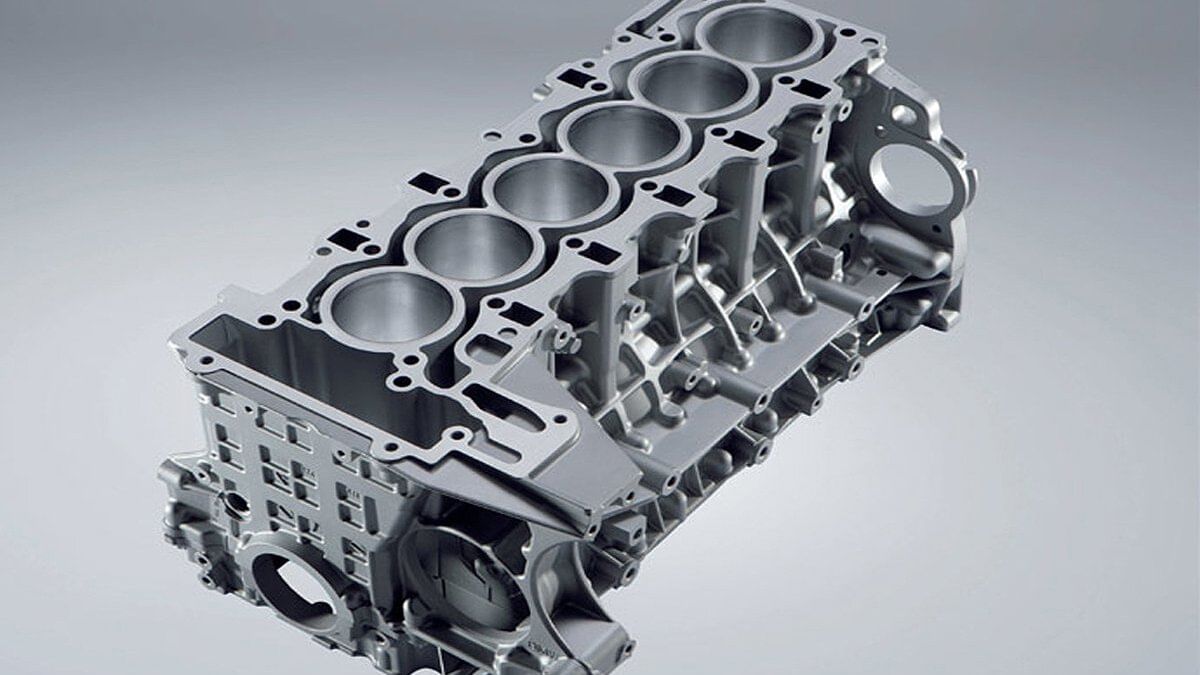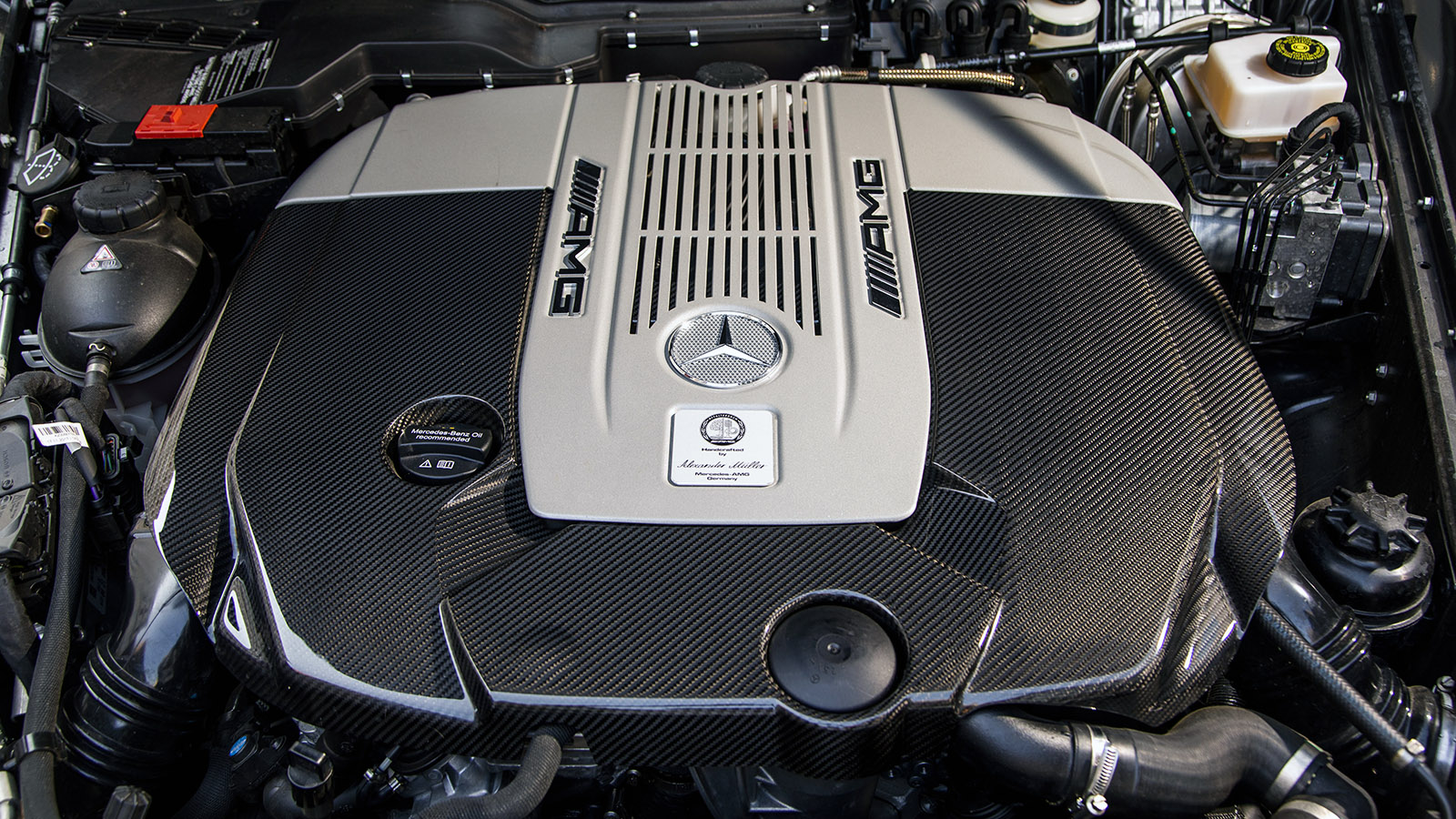Top-Rated Distributors: Engines For Africa Offers Dependable Power
Top-Rated Distributors: Engines For Africa Offers Dependable Power
Blog Article
Explore a Wide Range of Engines for every single Vehicle and Purpose
The auto landscape is progressively complex, with a varied array of engine types developed to fulfill certain efficiency and performance needs throughout numerous automobile groups. From the high-performance engines that power cars to the fuel-efficient alternatives customized for day-to-day travelling, the options are large and differed. In addition, sturdy engines offer the requirements of job lorries, while environment-friendly choices are obtaining grip in the quest of lasting transport. Understanding these distinctions is critical for making informed choices, particularly as emerging innovations continue to form the future of automotive engineering. What effects might these advancements hold for makers and customers alike?
Types of Automotive Engines
Automotive engines can be categorized into a number of unique kinds, each designed to meet certain efficiency and performance needs. One of the most common classifications include internal burning engines, electric engines, and hybrid systems.

Electric engines, on the other hand, operate electrical power stored in batteries, providing instant torque and absolutely no exhausts. These engines are coming to be increasingly prominent as a result of advancements in battery innovation and the growing focus on sustainability.
Crossbreed systems incorporate both interior combustion and electric engines, enabling vehicles to maximize gas performance and decrease discharges by perfectly changing between power resources. Each engine kind presents its drawbacks and benefits, influencing factors such as lorry design, intended use, and market need. Understanding these distinctions is crucial for manufacturers and consumers alike when picking the appropriate engine for their particular needs.
Performance Engines for Sports Cars
Performance engines for cars are especially crafted to supply enhanced dexterity, power, and rate, establishing them in addition to common automotive engines. These engines often use sophisticated innovations such as turbocharging, supercharging, and variable shutoff timing to make the most of performance and responsiveness.
Typically, performance engines are designed with greater compression proportions, which enable for greater energy extraction from fuel. This leads to impressive horse power and torque numbers, making it possible for quick acceleration and higher leading rates. The lightweight products used in these engines, such as aluminum and carbon fiber, contribute to minimized total automobile weight, improving handling and ability to move.
Engine configurations like V6, V8, and also hybrid systems are usual in performance sports automobiles, each offering one-of-a-kind advantages in regards to power shipment and driving dynamics. The adjusting of these engines is likewise critical; many producers maximize the engine management systems to provide an exciting driving experience, commonly consisting of sporting activity modes that readjust throttle response and gear changes.
Reliable Engines for Daily Commuters
In the world of everyday commuting, efficient engines play a vital duty in enhancing gas economy and lessening exhausts while supplying trustworthy efficiency. As city populations expand and environmental concerns magnify, the demand for vehicles outfitted with reliable powertrains has actually surged.
Modern engines developed for everyday travelers typically include technologies such as turbocharging, direct fuel injection, and hybrid systems. Turbocharging boosts engine efficiency by forcing more air into the burning chamber, enabling smaller, lighter engines that do not compromise power output. Straight gas injection enhances gas atomization, causing better combustion and boosted effectiveness.
Hybrid engines, incorporating inner combustion with electrical power, additional augment gas economic climate, particularly in stop-and-go website traffic, where conventional engines can deal with inadequacies. Electric electric motors help throughout velocity and can run independently at low speeds, reducing general gas consumption.
Additionally, improvements in engine monitoring systems and light-weight materials add significantly to efficient engine layout. By concentrating on efficiency, resilience, and environmental sustainability, manufacturers remain to provide engines that not only satisfy the demands of everyday travelling however likewise align with global initiatives to minimize carbon footprints.
Heavy-Duty Engines for Work Autos
Durable engines for work vehicles are consistently engineered to deliver extraordinary torque and dependability under requiring problems. These engines are developed to perform in settings where conventional engines might falter, such as building and construction websites, logging procedures, and agricultural settings. The key emphasis of heavy-duty engines is their capacity to produce high degrees of power while preserving sturdiness over extended durations of procedure.
Usually, heavy-duty engines use advanced products and robust building and construction techniques to hold up against the rigors of hefty workloads. Attributes such as reinforced cyndrical tube blocks, enhanced air conditioning systems, and progressed fuel shot technologies add to their effectiveness. These engines usually operate at reduced RPMs, which helps to enhance fuel efficiency while supplying the necessary power for pulling and hauling.
In enhancement to mechanical toughness, heavy-duty engines are usually outfitted with advanced electronic control systems (ECUs) that manage efficiency, emissions, and diagnostics. This integration permits far better monitoring and maintenance, making certain that work cars stay efficient and operational.
Eventually, durable engines are a vital element in the performance of numerous industries, providing the required power and integrity to tackle the toughest of tasks.
Eco-Friendly Engine Options
The growing emphasis on sustainability has resulted in the advancement of green engine alternatives that focus on lowered exhausts and boosted gas efficiency. These engines are designed to other minimize the environmental impact of vehicles while still delivering the performance and integrity anticipated by customers.
Amongst one of the most remarkable green alternatives are electrical and hybrid engines. Crossbreed engines integrate conventional interior combustion engines with electric propulsion, permitting reduced fuel intake and reduced greenhouse gas exhausts. Electric engines, on the other hand, operate entirely on battery power, generating absolutely no tailpipe discharges and adding to cleaner air quality.
One more promising growth is the improvement of biofuel engines, which utilize renewable energies, such as plant products, to power cars (Engines For Africa). By using biofuels, these engines can minimize dependence on fossil fuels and reduced overall carbon impacts

As the automotive industry evolves, eco-friendly engine alternatives will certainly play an important function in driving the change in the direction of more sustainable transport services.
Final Thought
The automotive sector uses a diverse array of engines designed to fulfill numerous vehicle needs and functions. From high-performance engines that improve sporting activities vehicle capabilities to efficient versions prioritizing gas economy for daily commuters, each type serves a specific feature. Sturdy engines accommodate robust work vehicles, while green choices, such as electrical and biofuel engines, promote sustainable transport. This detailed array makes certain that all driving demands are addressed, adding to developments in vehicle technology and environmental stewardship.

Report this page